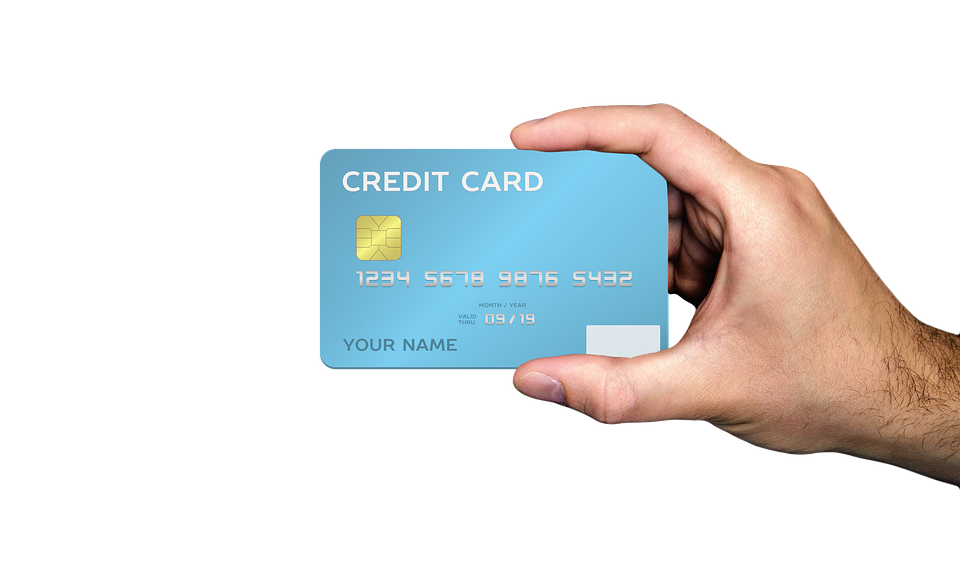The Hidden Costs of Payday Loans: Are They Worth It?
In today’s fast-paced world, unexpected expenses can arise at any moment, leaving many individuals in need of quick cash solutions. For some, payday loans seem like an easy way out. Advertised as a quick fix for financial emergencies, these short-term loans can provide immediate relief. However, the hidden costs associated with payday loans often outweigh their benefits, leading borrowers into a cycle of debt that can be challenging to escape.
Understanding Payday Loans
Payday loans are short-term, high-interest loans that are typically due on the borrower’s next payday. They are designed to help individuals cover urgent expenses, such as medical bills or car repairs, without the need for a credit check. While the application process is often quick and simple, the costs can be steep.
The High Cost of Borrowing
The most significant downside of payday loans is their exorbitant interest rates. While traditional loans may have annual percentage rates (APRs) ranging from 5% to 36%, payday loans can carry APRs that exceed 400%. This means that if you borrow $500 for a two-week period, you might end up paying back as much as $575 or more, depending on the lender’s fees.
The Cycle of Debt
Many borrowers find themselves trapped in a cycle of debt. When the repayment date arrives, they may not have the necessary funds to cover the loan, leading them to take out another payday loan. This cycle can continue, resulting in multiple loans compounding interest and fees, making it increasingly difficult to get out of debt.
Additional Fees and Charges
Aside from high-interest rates, payday loans often come with a host of additional fees. These can include application fees, late payment fees, and returned check fees. Borrowers may be surprised to find that their total repayment amount can be significantly higher than they initially anticipated, further exacerbating their financial burden.
Impact on Credit Scores
While payday loans do not typically require a credit check, they can still impact your credit score. If you default on a payday loan, the lender may report the delinquency to credit bureaus, which could negatively affect your credit score. A lower credit score can hinder your ability to secure future loans or credit, creating longer-term financial challenges.
Alternatives to Payday Loans
Given the high costs and potential pitfalls associated with payday loans, exploring alternative financial solutions is essential. Options include:
– **Personal loans:** Many banks and credit unions offer personal loans with lower interest rates and more favorable repayment terms.
– **Credit cards:** If you have access to a credit card, using it for emergencies can be a more cost-effective solution, especially if you can pay off the balance quickly.
– **Payment plans:** Some service providers may allow you to set up a payment plan for large bills, spreading the cost over time without the need for high-interest loans.
– **Community assistance programs:** Many non-profits and community organizations offer financial assistance or emergency funds to help those in need without the burden of high-interest debt.
Conclusion
While payday loans may offer a quick solution to immediate financial needs, the hidden costs and potential for debt accumulation make them a risky choice. Before considering a payday loan, individuals should thoroughly assess their options and seek alternatives that can provide financial relief without the heavy burden of exorbitant fees and interest. Being informed and cautious can help individuals avoid the pitfalls of payday loans and pave the way for more sustainable financial health.



